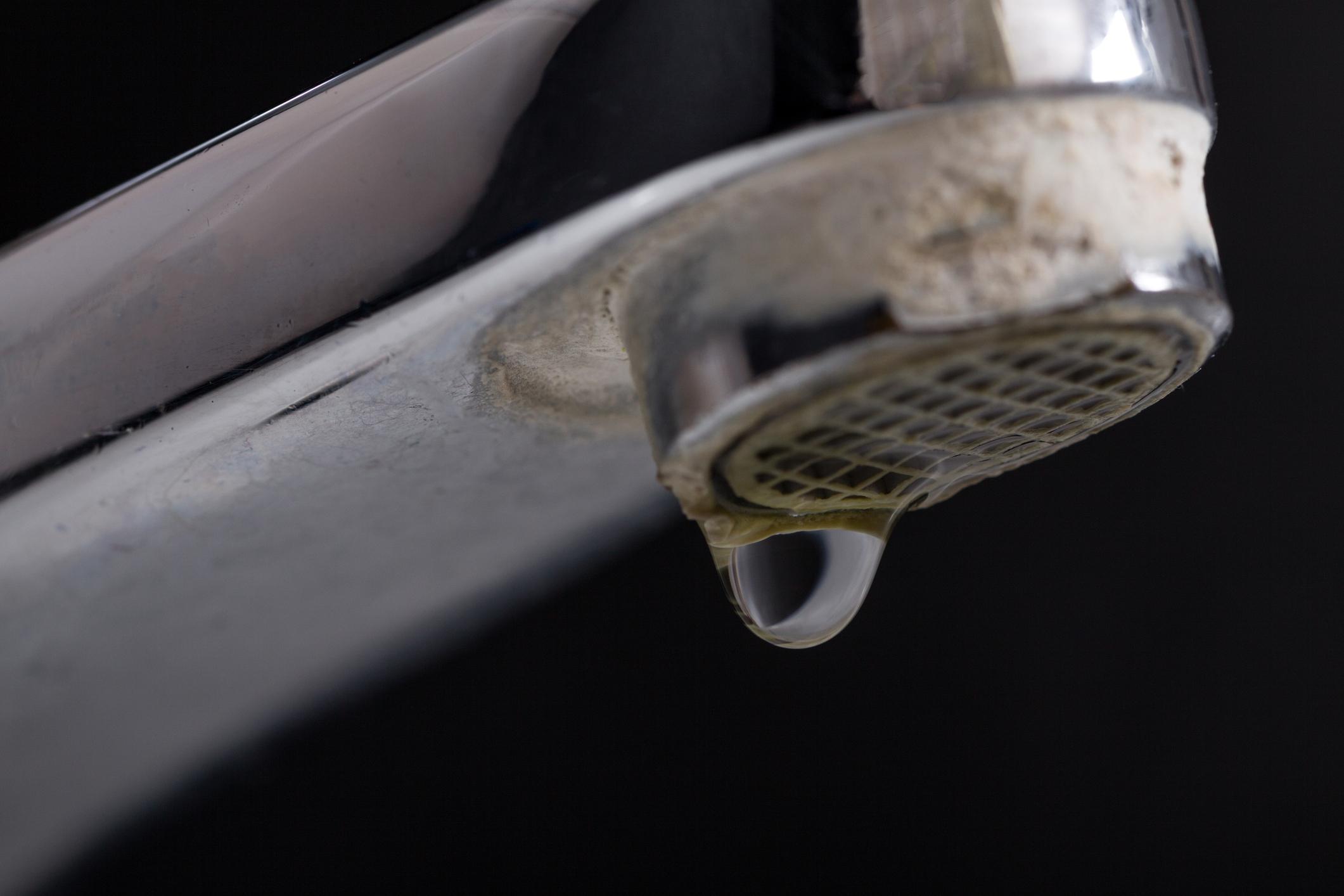

Methods of softening water
Hard water has many negative effects on your home and your health. The mineral build-ups in hard water can adversely affect your home’s pipes and appliances, and have also been shown to clog pores and exacerbate conditions like eczema.
“How to soften hard water” is a common search term on Google and as a leading provider of water softeners, we want to help answer that question. There are many benefits and water softening methods – our guide will help you experience those benefits yourself.
Softening hard water: A history
As a process, water softening dates back to 1903. Since then, methods have improved and major ground has been gained in the efficiency of water softening devices. Harvey Water Softeners is a major part of that history: our founder Harvey Bowden invented the non-electrical water softening unit that could work independently and cleanse itself automatically.
Today, we pride ourselves in manufacturing high quality water softeners that are designed to easily fit into your home, prevent the detrimental effects of hard water and give you all the benefits of softened water. The Harvey Water Softener has been built from the ground up in our factory to provide your home with softened water 24 hours a day, 7 days a week.
How does a water softener work?
A Harvey Water Softener is installed in a location where it intersects with the home’s water supply as it enters the property, this is normally under the kitchen sink.
As the hard water supply passes through the water softener, ion-exchange technology traps the harsh minerals of calcium and magnesium that damage your home and appliances. Softened water is produced 24/7 and then circulated around the home in pipes and heating systems, flowing out of taps and showerheads.
How to soften hard water at home
Of course, the long-term solution for preventing hard water damage to your home is to invest in a water softener and you can start the process by arranging a free, no-obligation home demonstration at a time to suit you.
We’ll be with you as soon as we can, but in the meantime, there are a few things you can do to start softening hard water and reducing the irritating, damaging effects to your home today:
Boil water before use
Boiling your water before you use it, whether for cleaning, washing or brushing your teeth, is a good way of removing the majority of impurities and has the same effect as softening hard water, only on a smaller and more time consuming scale.
Once boiled and cooled, you should be able to see the visible impurities or scum on the surface and scoop them out to get rid of them. Alternatively, by leaving it stand for a while longer the impurities will sink to the bottom and you’ll be able to pour off the softened water.
Use washing soda or lime
Going back some years, it was not uncommon for washing soda and lime to be added to large volumes of water stored in barrels or kegs to draw softened water to the top.
After several days, the harsh mineral sediment and other impurities would be distilled at the bottom and softened water could be removed from the top. Although reasonably effective, this method requires time, storage and strength to carry large amounts of water.
Add washing soda to water
Hard water prevents soaps and detergents forming a lather and cleaning effectively. Adding washing soda, ammonia, borax or lye to your washing water is a temporary solution to this problem as it softens the water and creates a lather. However, since the limescale is not actually removed from the water you may still find the minerals affecting the dryness and durability of your clothing.
Apply a filter to your kitchen and bathroom taps
To prevent the effects of hard water on cleaning, bathing and your skin, you could apply a water filter to the taps across your home. While this will allow lather to form for your washing up and reduce scale and scum build-up in sinks and around faucets, it won’t stop hard water from reducing the efficiency and lifespan of your heating systems. Filters may not remove all of the impurities either.
While these methods are good short-term fixes for the problems caused by hard water, they require time and effort, and often don’t prevent the unseen damage to heating systems and boilers.
If you have hard water in your home, it could affect the lifetime of your household appliances due to a build-up of limescale over time. Water softeners remove minerals from your water supply and drastically reduce the amount of limescale in your home. Find out more about the effects of hard water.
Hard Water Damage – Limescale build-up from hard water can badly hurt your home – Find Out Why


